Spark plug leads are important parts of your car’s electrical ignition circuit. They play a vital function in carrying the power from the electric coil to the glow plugs, who in turn light the fuel-air mix in the cylinders of your engine. This controlled ignition process is essential for the smooth and efficient operation of your vehicle.
However, over time, these wires can deteriorate due to various factors such as heat, moisture, and wear. As the insulation and integrity of the wires degrade, the risk of electrical arcing increases. Electrical arcing occurs when the electrical current jumps from the wires to the nearest ground, bypassing the plugs. This phenomenon can result in false starts, bad motor operation and reduced energy consumption.
Regular inspection and maintenance is essential to prevent arcing on the plug wires. Look out for signs of wear, such as cracks, fraying, or discolored insulation. Additionally, ensure that the wires are properly seated and secured, minimizing the chances of movement or rubbing against other engine components.
By taking these preventive measures, you can ensure the longevity of your engine and maintain optimal vehicle performance. Don’t overlook the importance of well-maintained plug leads to keep your car working properly and reliably.
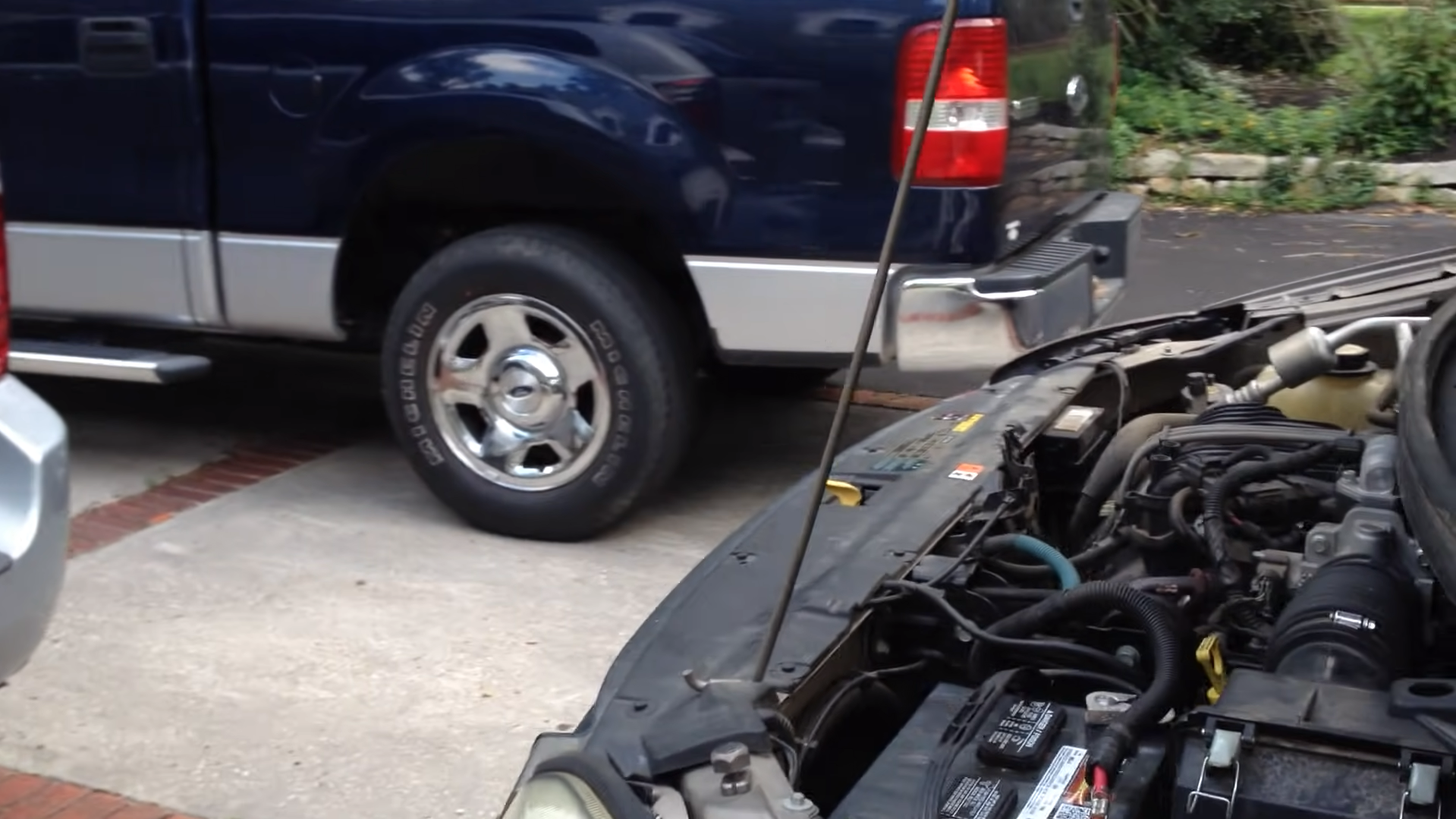
Why Do Spark Plug Wires Arc?
Improper Grounding
Improper grounding is another important factor contributing to poor performance of the glow plug leads. The flowing electric power through your automobile’s plug leads must have a return path to the source, typically referred to as ‘ground’. When the grounding is insufficient or compromised, the electrical current may start seeking alternative routes back to the source, which can result in arcing.
A few common causes of improper grounding include corrosion at the grounding point, loose connections, or using an unsuitable grounding location. Corrosion can gradually build up over time, hindering the flow of electrical current. Loose connections can compromise the integrity of the grounding, allowing for potential arcing. Using an unsuitable grounding location, such as a painted or rusty surface, can also impede the grounding process.
To avoid these issues, it’s recommended to regularly inspect and maintain the grounding points of your vehicle. Ensure that the grounding points are clean, tightly connected, and located in an area free of paint or rust. By taking these precautions, you can help maintain the proper functioning of your spark plug wires and prevent potential arcing problems.
Carbon Tracking
Even though it may seem unrelated, carbon tracking is another factor that can contribute to sparking of spark plug conductors. Carbon tracking is a phenomenon where dirt, oil, or moisture accumulate on the surface of the plug wire or the glow plug themselves, creating a conductive path for electricity to escape. This accumulation forms a carbon track over time, which becomes an alternate route for the electrical current, diverting it away from the spark plug. As a result, the engine may experience rough idling, misfires, or a noticeable decrease in performance.
To prevent carbon tracking, regular maintenance is essential. It is important to clean not only the spark plug wires but also the area around the spark plugs to remove any potential contaminants. By doing so, you can help keep the power supply flowing straight to the spark plug, optimizing combustion and engine performance.
Taking care of carbon tracking and maintaining a clean electrical system is crucial for the smooth operation of your vehicle. By paying attention to these details, you can ensure that your engine runs efficiently and reliably, reducing the chances of any performance issues down the road.
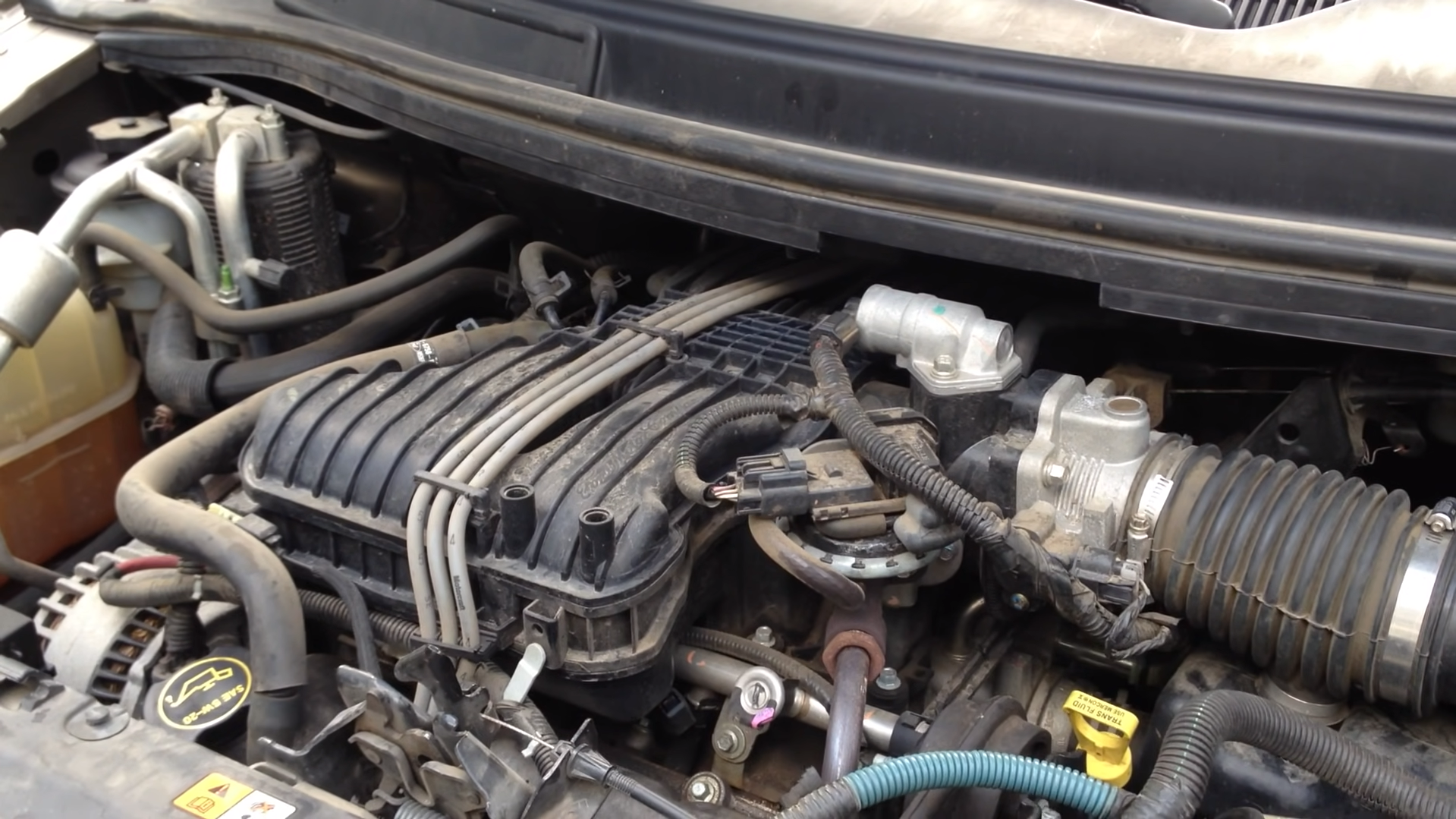
Improper Installation
Incorrect installation glow plug leads are a frequent cause of sparking. When the wires are not properly installed and secured, they may grind on metal parts of the engine, leading to wear and tear of the insulation. Over time, this wear and tear can create a weak spot in the insulation, allowing the electric current to escape and arc to the nearest ground.
In addition to the physical damage caused by the arcing, improper installation can also result in poor electrical contact between the wires, spark plugs, and ignition coil. This can further contribute to potential arcing. To avoid these issues, it is crucial to follow the vehicle manufacturer’s guidelines during installation.
Regular inspection of the spark plug wires is recommended to detect any signs of damage caused by vibration or heat within the engine bay. By following these guidelines and ensuring proper installation and maintenance, you can minimize the risk of arcing and maintain optimal performance of your vehicle. [1]
How to Stop Spark Plug Wires From Arcing
Perform Routine Checks
Routine checks are paramount in preventing spark plug wires from arcing. Regular inspections can help you identify signs of wear and tear, physical damage, or carbon tracking early on. Look for any signs of corrosion or loose connections at the grounding points, as these could lead to improper grounding. Check if the wires are securely connected to the spark plugs and the ignition coil. Make sure the wires are clean and free from dirt, oil, or moisture which can lead to carbon tracking. If you notice any signs of damage or deterioration, replace the wires promptly with high-quality ones. Moreover, ensure the grounding points are tightly connected and located in an area free of paint or rust. By staying on top of these routine checks, you can prevent the arcing of spark plug wires and prolong the lifespan of your vehicle’s engine.
Replace the Wires
To address spark plug wire arcing, replacing the affected wires is recommended. Invest in high-quality wires designed for your vehicle’s ignition system to ensure reliable performance. Before replacing the wires, disconnect the battery and carefully remove the old wires, noting their order. Attach the new wires securely following the manufacturer’s guidelines. Inspect the routing and reconnect the battery. Test the new wires for improved vehicle performance.
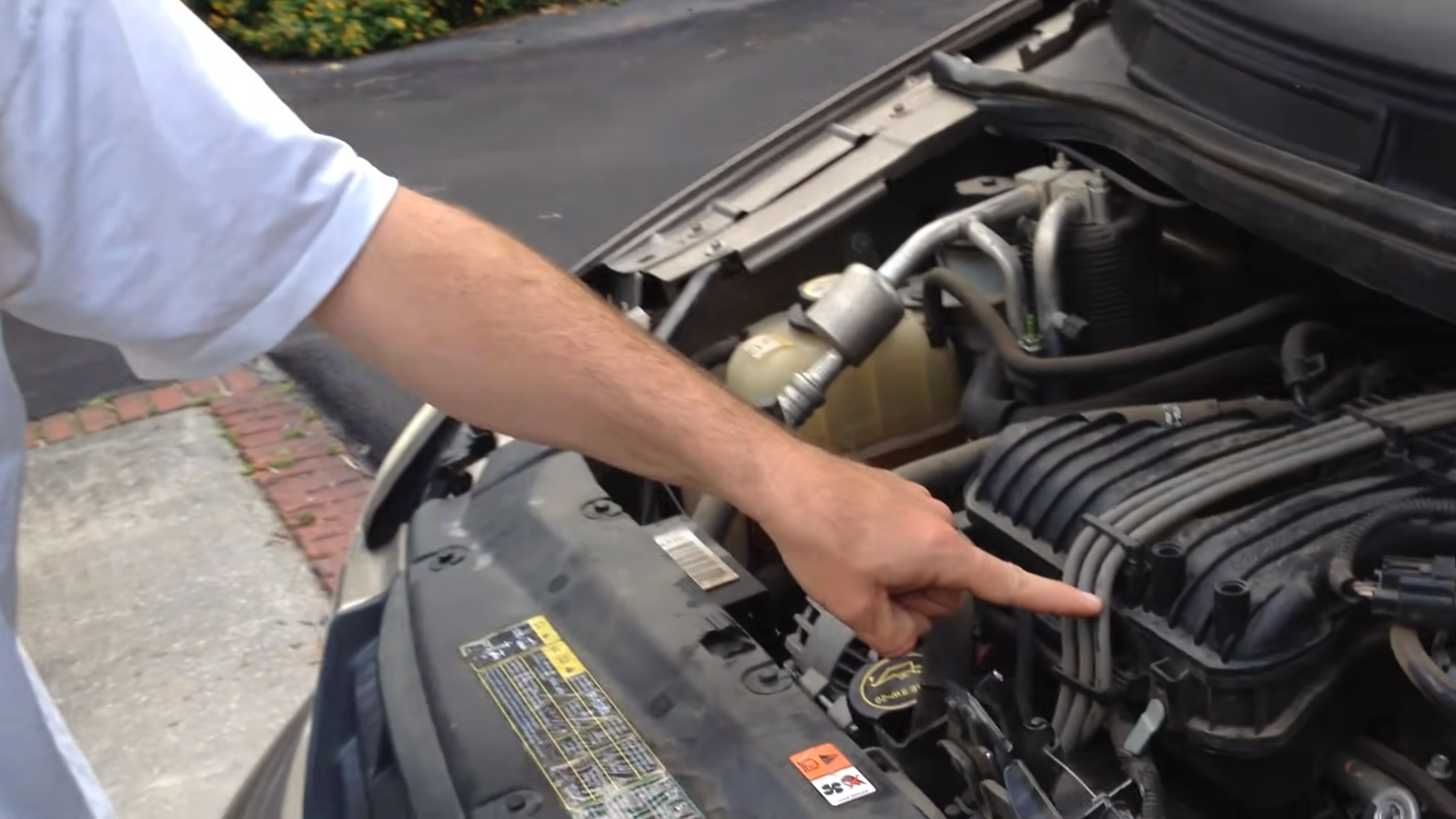
Replace Arcing Ignition Coils
In cases of arcing spark plug wires, faulty ignition coils may be the cause. Replacing the spark plug wires may not solve the issue, so it’s important to inspect and replace the ignition coils if needed. Ignition coils are responsible for creating the electric spark that ignites the fuel in the spark plugs. If ignition coils fail, it can result in cylinder misfires and poor engine performance. To replace arcing ignition coils, disconnect the battery, locate and remove the old coils, and install high-quality replacements. If the issue persists, consult a professional mechanic for further assistance. By addressing malfunctioning ignition coils, you can prevent arcing and ensure a smoother drive and longer vehicle lifespan.
Check Grounding
To prevent arcing of spark plug wires, ensure proper grounding in your vehicle. Locate grounding points on the engine block or body, and ensure clean, secure connections free from paint, rust, or corrosion. Use a wire brush or sandpaper to clean if necessary. Check grounding wires for damage and replace or tighten as needed. Proper grounding minimizes arcing and improves vehicle performance.
Use Anti-Arcing Insulators
Anti-arcing insulators are a valuable tool in preventing spark plug wire arcing. By resisting electrical currents, these insulators protect the spark plug wires from potential damage. Simply slip them over the wires after disconnecting the battery. While they are effective in preventing arcing, they are not a solution for existing problems. Regular inspection and maintenance are crucial for optimal performance. Consult a professional mechanic for guidance if needed. [1], [2]
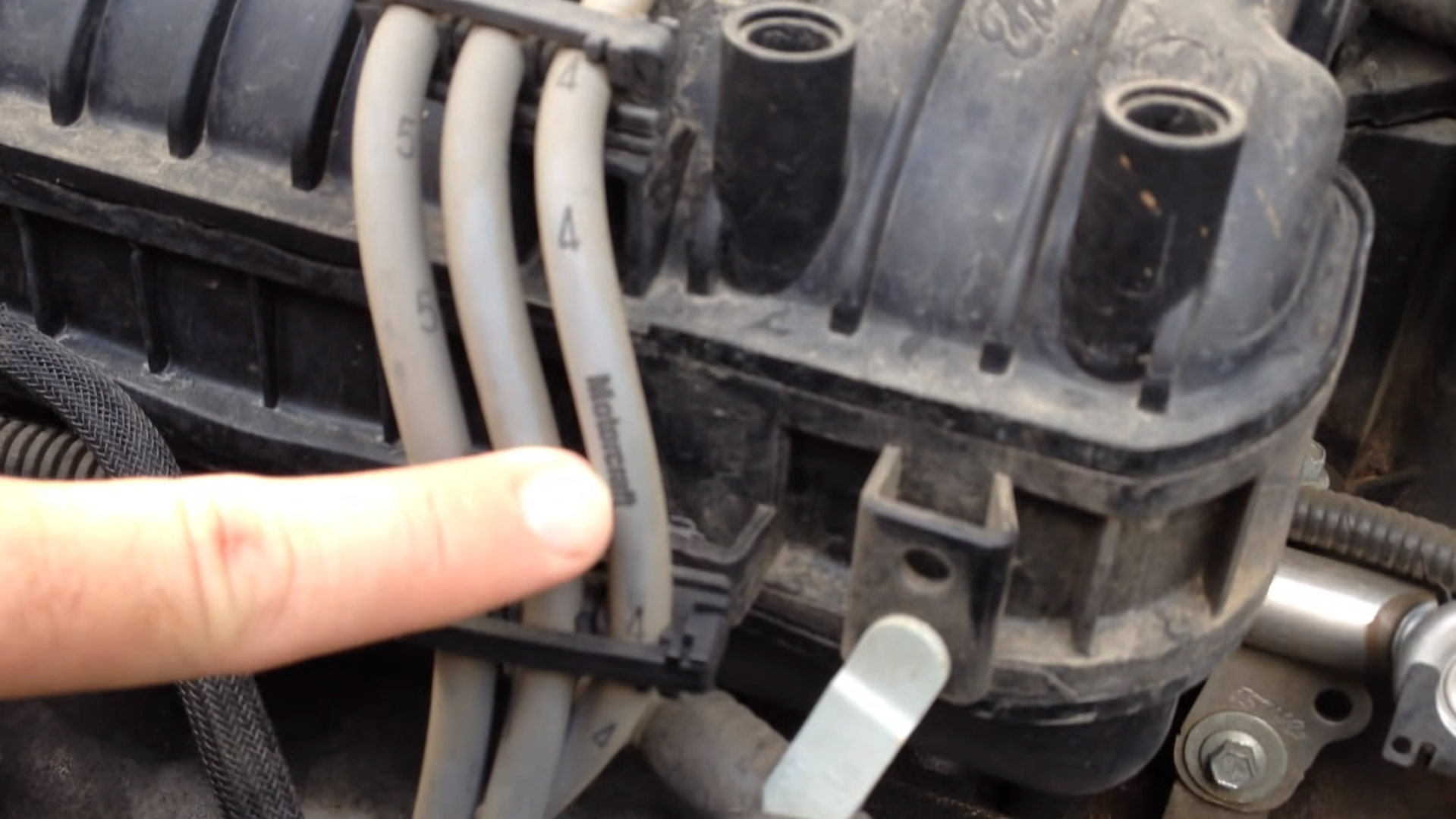
Symptoms of Arcing Spark Plug Wires
Rough Idle
A rough idle is a common symptom of arcing spark plug wires. When the wires arc, the spark needed to ignite the fuel in the cylinders may become inconsistent, causing the engine to run rough at idle. You may notice your vehicle shuddering or shaking when stopped at a traffic light. If you experience a rough idle along with other mentioned symptoms, inspect your spark plug wires for potential arcing issues. Address any problems promptly to prevent further engine damage.
Engine Knocking
Engine knocking indicates possible arcing of spark plug wires. It’s a pinging or rattling noise that syncs with the engine’s speed, especially during acceleration or under load. This abnormal combustion can lead to excessive pressure and heat in the cylinders, potentially causing damage. If you hear knocking, inspect your spark plug wires for signs of arcing or seek professional help to avoid costly repairs.
Loss of Performance
Arcing spark plug wires can significantly impact vehicle performance, leading to sluggish acceleration, difficulty maintaining speed, and unresponsive throttle. This inefficient spark causes incomplete combustion, resulting in decreased engine output and stability, especially at high speeds or under heavy loads. If you notice these performance issues, inspect the spark plug wires and ignition components for arcing or damage, and seek professional assistance if needed to restore your vehicle’s performance.
Engine Backfire
Engine backfire is a symptom of arcing spark plug wires. It happens when unburnt fuel ignites in the exhaust system instead of the combustion chamber, resulting in a loud bang or popping sound. Inconsistent or weak sparks from arcing wires cause incomplete combustion in the cylinders. The unburnt fuel then travels through the exhaust system, leading to a backfire. This not only affects performance but can also damage the exhaust system over time. If your vehicle backfires, have your spark plug wires inspected for arcing or other issues by a professional to prevent further damage.
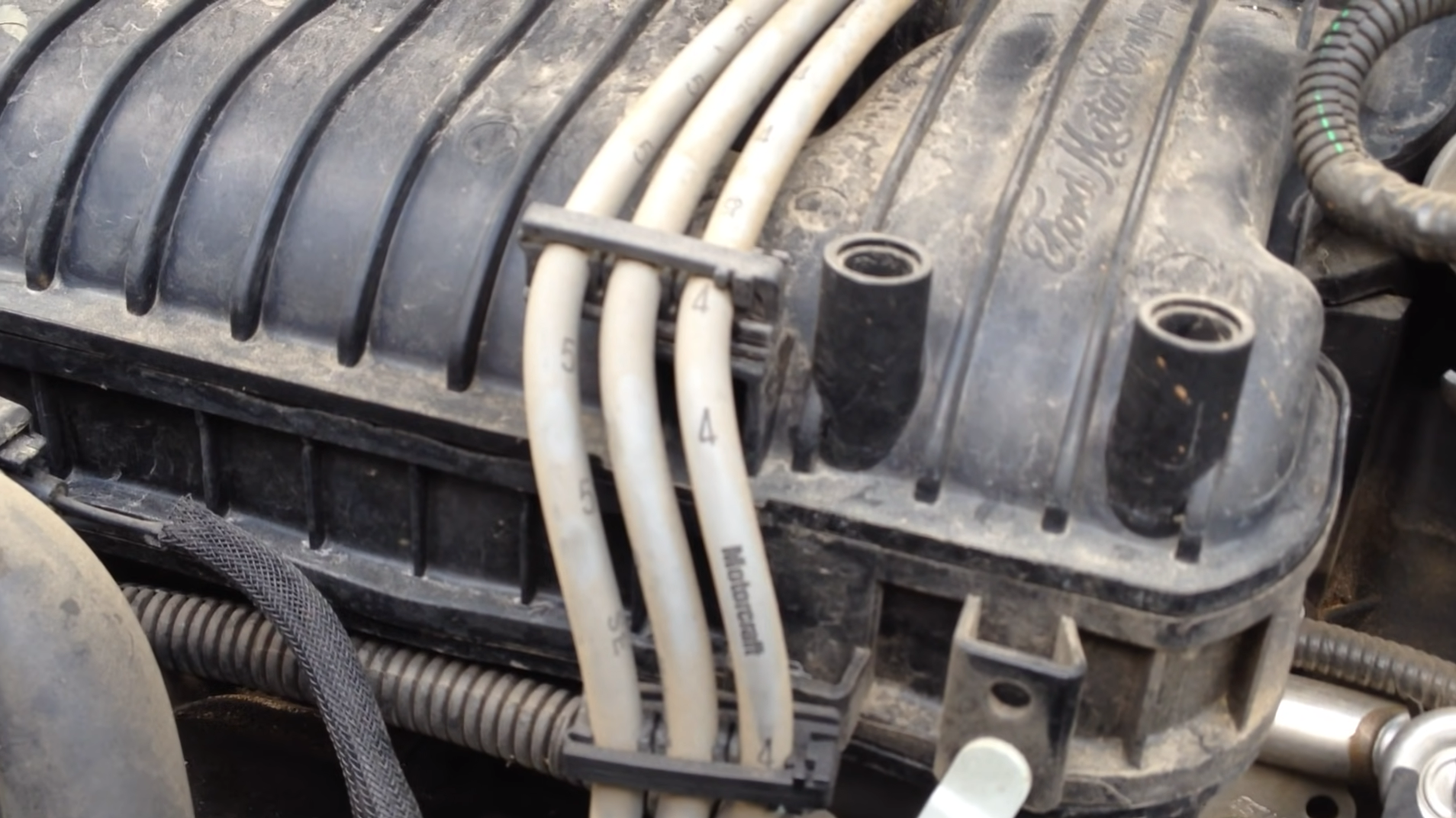
Difficult Start
A difficult start is a significant symptom of arcing spark plug wires. Inconsistent or weak sparks can make it challenging for the vehicle to start. You may notice longer starting times or multiple attempts, especially in cold weather or after long periods of idleness. If accompanied by other discussed symptoms, inspect the spark plug wires and ignition components for signs of arcing. Delaying repairs can lead to more serious problems, including the inability to start the vehicle. If unsure, seek assistance from a professional mechanic to address the issue properly.
Increased Fuel Consumption
Arcing spark plug wires can cause increased fuel consumption. Inefficient sparks from arcing lead to incomplete combustion of the air-fuel mixture in the engine’s cylinders. This forces the engine to work harder and use more fuel for the same power output. If you notice higher fuel consumption, check your spark plug wires and ignition components for signs of arcing. Seek professional help if needed to diagnose and resolve the issue to prevent further engine problems and increased fuel costs. [2]
FAQ
How do I know if my spark plug wire is arcing?
Recognizing signs of arcing in spark plug wires is crucial for maintaining vehicle health and performance. Symptoms include rough idling, engine knocking, loss of performance, engine backfire, difficult start, and increased fuel consumption. If these signs are noticed, it’s recommended to inspect spark plug wires and ignition components or seek professional help for diagnosis and resolution.
Can you tape up spark plug wires?
Using tape to prevent arcing in spark plug wires is not recommended. Tape may not provide sufficient insulation to prevent high voltage from arcing to metal parts. Engine heat can degrade the tape’s adhesive, causing it to peel off. Instead, use a high-temperature wire sleeve or boot designed for heat resistance. These options provide better insulation. If spark plug wires are damaged or show signs of arcing, replace them with new ones. Consult a professional mechanic for assistance if needed.
What is spark plug wire arcing?
Spark plug wire arcing occurs when the insulation degrades or gets damaged, allowing high voltage electricity to escape and “arc” to the nearest ground. This results in an erratic or weak spark, leading to inefficient combustion. Symptoms range from rough idling to increased fuel consumption. Regularly inspect and replace spark plug wires to maintain optimal engine performance.
Why does my spark plug keep sparking?
Continuous sparking in a spark plug can have various causes. One possibility is excessively high voltage from the ignition coil, causing frequent spark jumps. Timing issues in the ignition system can also lead to unexpected sparking. Additionally, a faulty spark plug, like a cracked insulator or improper gap, can cause persistent sparking. If you observe continuous sparking, inspect the ignition system and spark plug for faults. Consult a professional mechanic if needed to prevent potential engine damage.
Should I be worried if a plug sparks?
Occasional sparking from your plug is normal for the ignition system. However, consistent or excessive sparking may indicate underlying issues like a faulty ignition system, damaged spark plug, or high voltage supply. These problems can cause inefficient combustion, increased fuel consumption, and potential engine damage. If you notice continuous or excessive sparking, get your vehicle inspected by a professional mechanic promptly. Ignoring these signs can lead to more serious engine problems and affect overall performance and longevity.
How do you fix an arcing outlet?
Fixing an arcing outlet should always be done by a certified electrician to prevent electrical shock or fire. However, if you’re knowledgeable about electrical repairs, here are the steps: turn off the power, remove the outlet cover, inspect for damage, replace if necessary, put the cover back on, and turn the power back on. It’s important to be cautious when working with electrical outlets and hire a professional if unsure.
Useful Video: Engine Miss – Simple Way To Diagnose Bad Spark Plug Wires
Conclusion
Maintaining a healthy ignition system is vital for optimal engine performance and longevity. Regularly inspecting spark plug wires for signs of arcing can prevent future engine problems. Replace damaged wires instead of using temporary solutions. Address any continuous or excessive sparking promptly. When dealing with arcing outlets at home, prioritize safety and consider hiring a professional electrician. Being proactive ensures both your vehicle’s performance and your home’s electrical safety.
References:
- https://vehiclefreak.com/how-to-stop-spark-plug-wires-from-arcing/
- https://theautovibes.com/how-to-stop-spark-plug-wires-from-arcing/





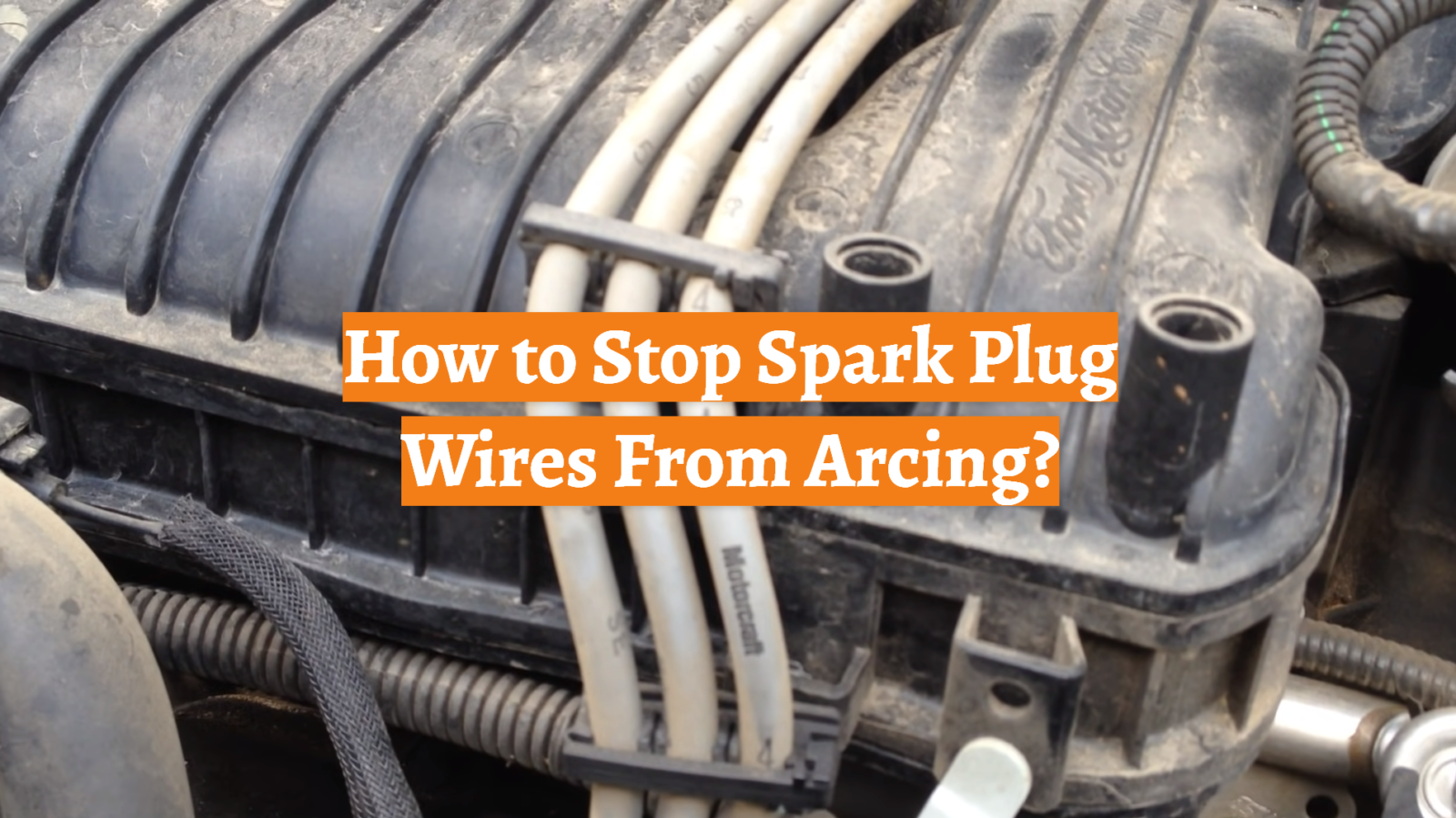




Leave a Review